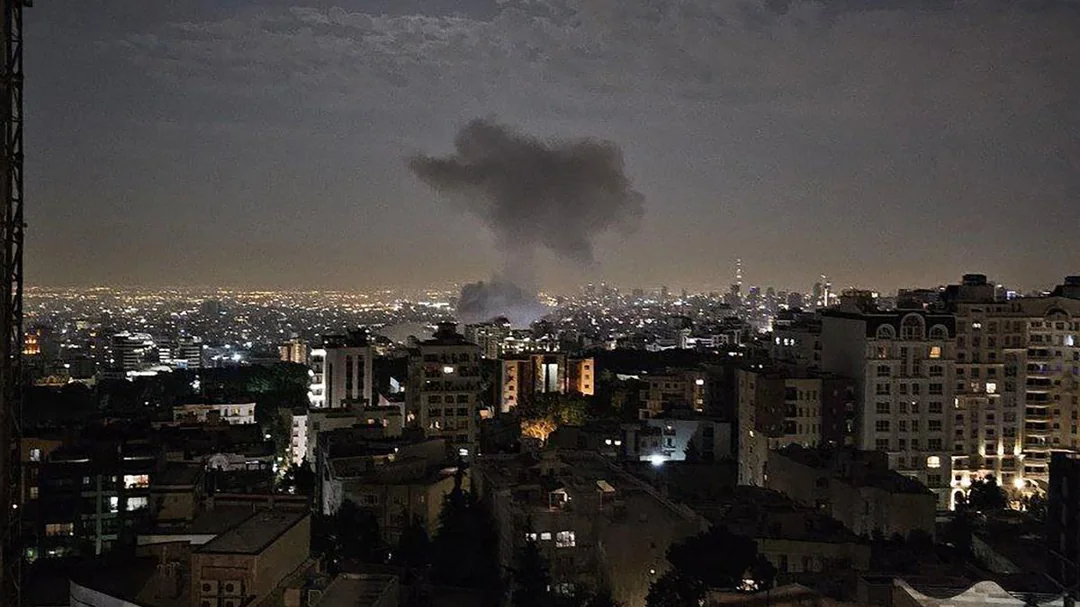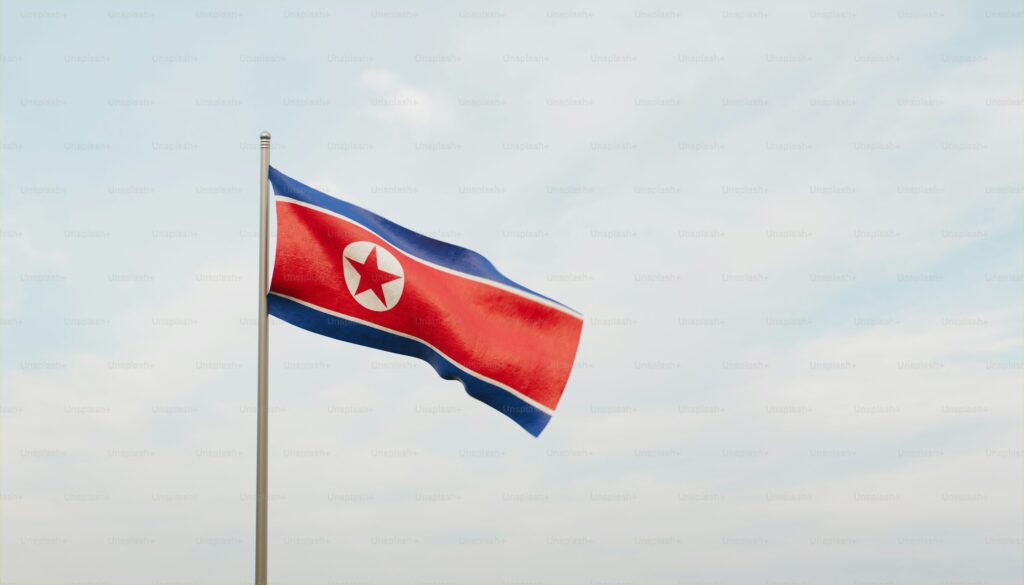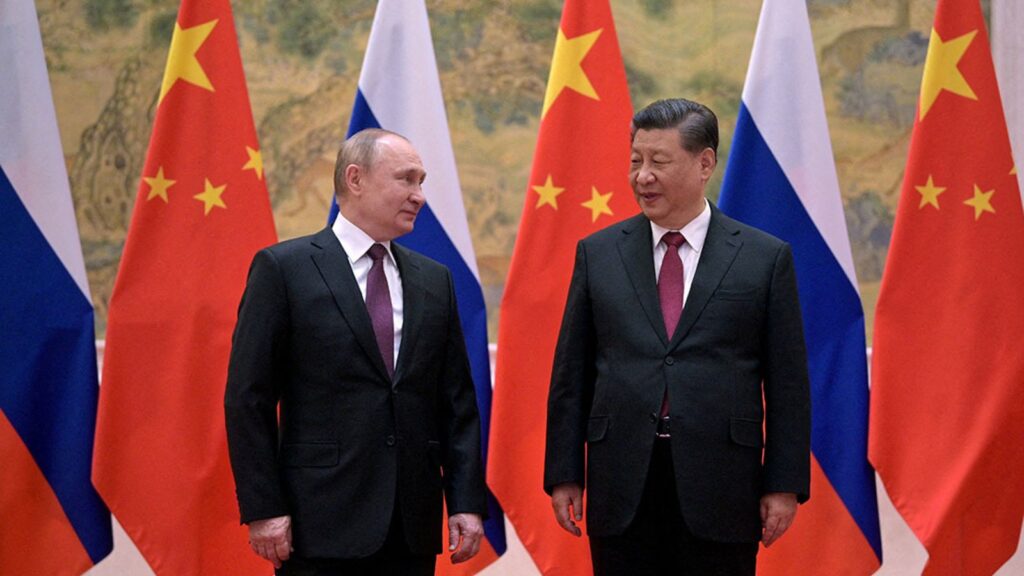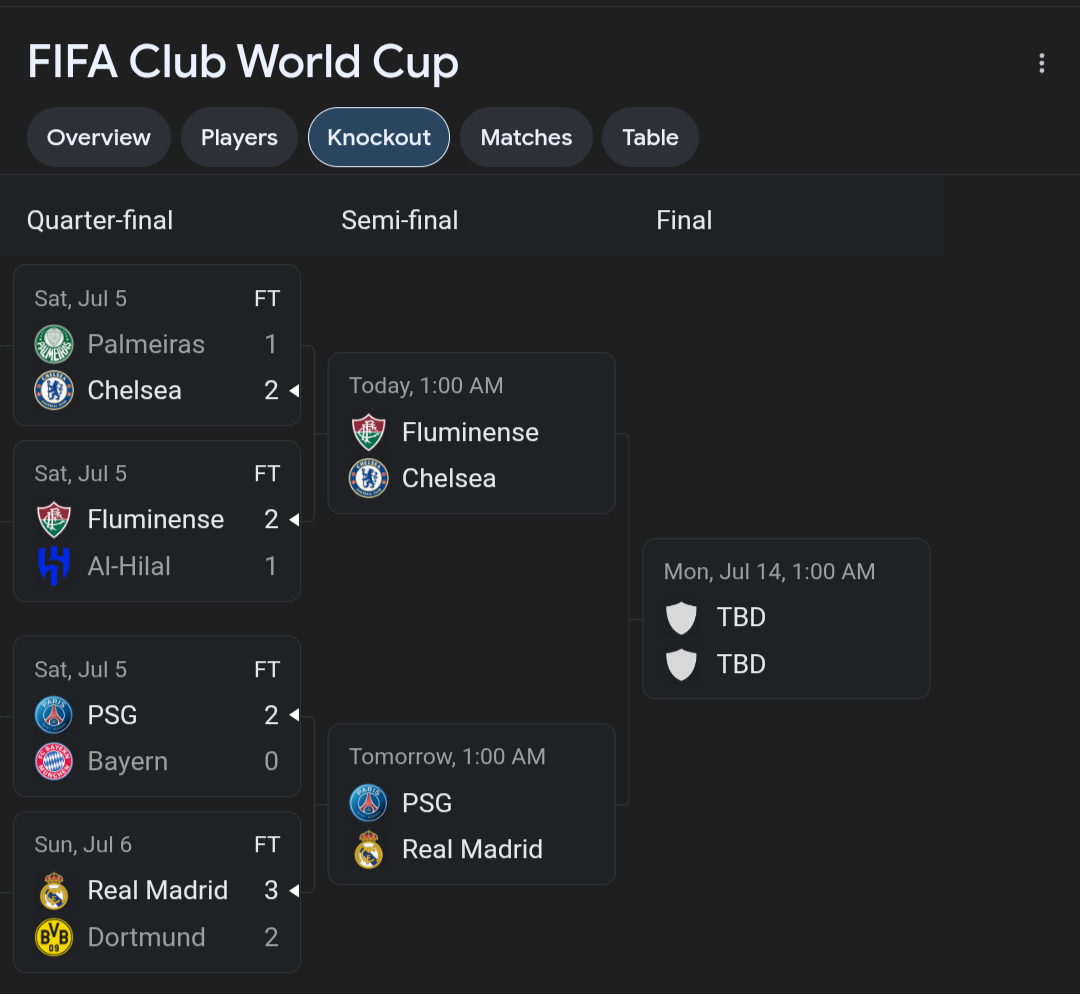GENEVA— In what is being hailed as a critical diplomatic breakthrough, Russia and China have successfully mediated a ceasefire agreement between Iran and Israel, halting a rapidly escalating regional conflict that posed a direct threat to Middle East stability and the entire global economy.

The agreement was reached following intense, high-level negotiations driven by fears that a prolonged war would trigger a severe global economic impact. International leaders and financial markets responded with alarm as the Iran-Israel conflict flared, with economists predicting that soaring energy prices and disrupted supply chains could plunge the world into a new recession. The urgent need to prevent this scenario became the primary catalyst for the successful de-escalation efforts.
The diplomatic heavy lifting by Moscow and Beijing marks a significant shift in managing global geopolitical tensions. By leveraging their extensive influence in the region, Russia and China orchestrated a series of talks that brought both sides back from the brink, underscoring their roles as key players in international peacemaking. An insider noted that the success of the Russia-China diplomacy was crucial in preventing the conflict from spreading further across the Middle East.

The announcement of the Iran-Israel ceasefire has drawn a spectrum of international reactions. While many nations expressed relief, the deep-seated animosities fueling the conflict were highlighted by North Korean President Kim Jong Un. In a characteristically blunt statement from Pyongyang, he was quoted as saying, “Israel is the cancer of the Middle East,” a comment that reflects the complex and often polarized views on the region’s future.

This landmark Iran-Israel ceasefire, a product of intensive Russia-China diplomacy, represents a critical moment of de-escalation in the region. However, analysts warn that without a clear roadmap to resolve the core geopolitical tensions, the risk of a renewed regional conflict remains alarmingly high. The international community is now focused on whether this diplomatic success can be translated into lasting Middle East stability and permanently safeguard against the severe global economic impact that was so narrowly avoided.








































